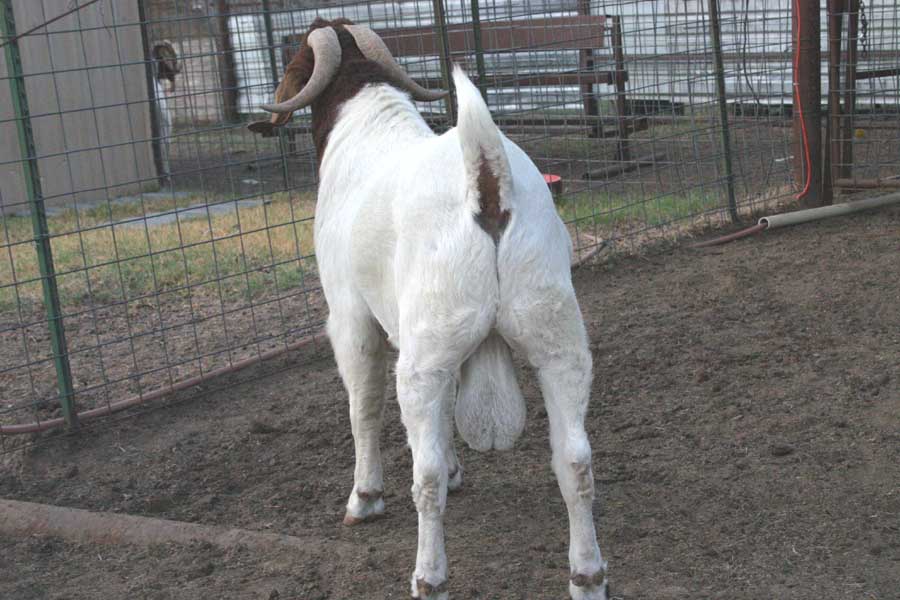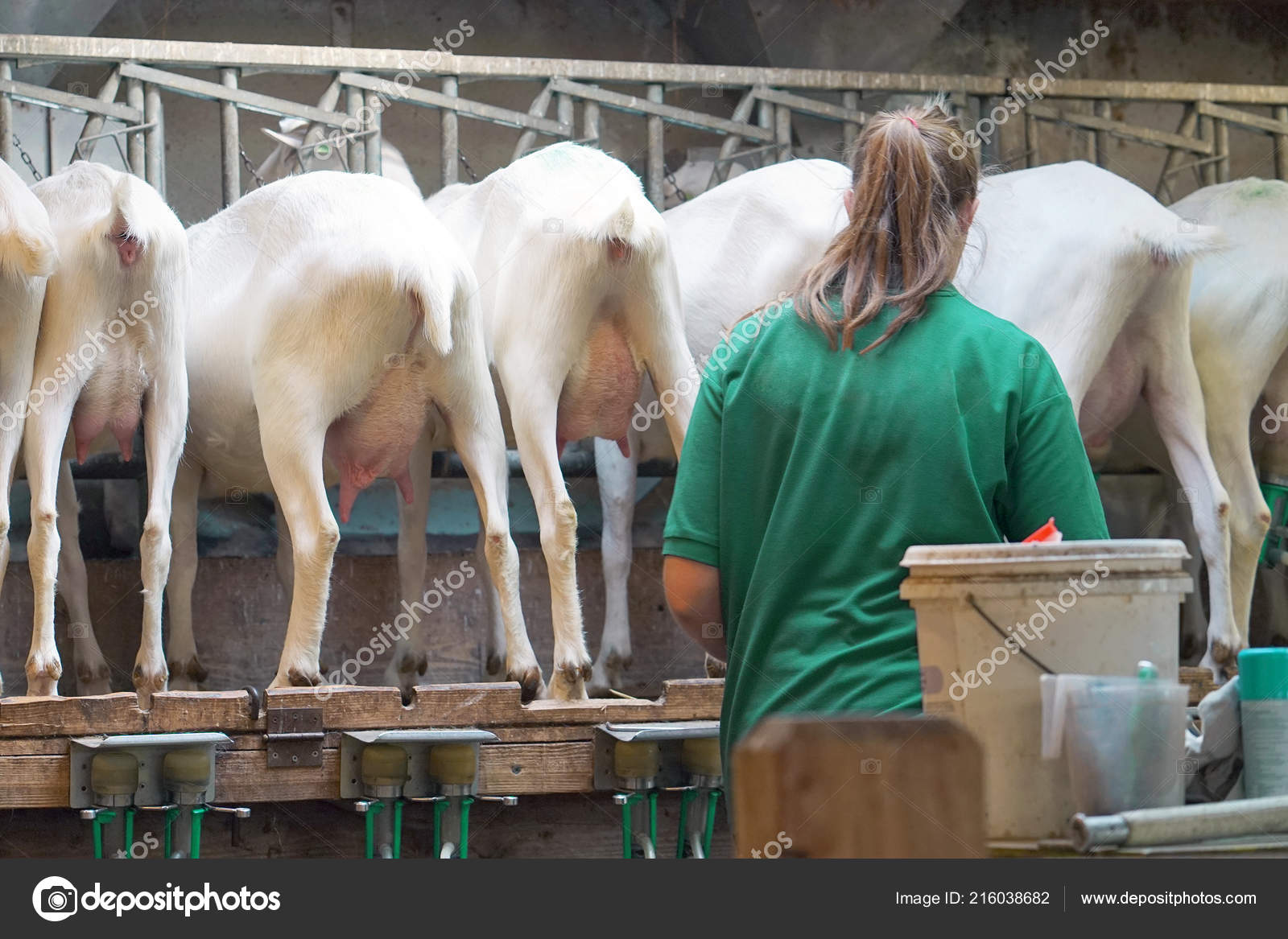https://www.si.com/nfl/2019/01/30/super-bowl-2019-jackie-matthew-slater-rams-patriots
A Very Slater Super Bowl: What Super Bowl LIII Means for a Rams Great and a Patriots Captain
By MICHAEL ROSENBERG
ATLANTA — All week long, Matthew and Jackie Slater have been asked the same question, and all week, they have given the same answer. Jackie was a Hall of Fame offensive tackle for the Rams for 20 years. His son, Matthew, is in his 11th year as the Patriots’ special-teams master. So will Jackie cheer for the Patriots or the Rams in this Super Bowl?
It is a playful question, because people assume Jackie will choose his son over his team. And he will. But that’s not the answer the Slaters give. Jackie says, “I can’t lose,” and Matthew smiles and says, “He says he can’t lose,” and it’s a curious answer. Yes, Jackie stayed involved with the Rams after he retired. But the answer is not really about the Rams and the Patriots. In a way, it’s not even about the Slater family. It is the story of a dangerous game and what some men get out of it.
Jackie Slater did not really want to play football. But when he was a boy in Mississippi in the 1960s, he was so big that people wondered why he didn’t play. In 1967, he was six feet tall and 245 pounds. He would have been one of the biggest players on the Green Bay Packers, who won the Super Bowl that year. Jackie was 13.
He tried out for a team in eighth grade, just so people would stop urging him to do it. On the first day of practice, he tried to tackle somebody in a drill. He closed his eyes as he did it. He whiffed and fell down. Everybody laughed.
“I thought, ‘Next time, I’m going to keep my eyes open,’” he says now.
He stayed with the sport and found he was very good at it, and even enjoyed it. Jackie wanted to go to college, and his family wanted him to go, but “it would have been very difficult for my family to come up with the cash to send me to college.” He got a scholarship to Jackson State. Walter Payton helped recruit him there. He switched to offense for good.
But football did not just open doors for Jackie; it
was a door. The sport was brutal but not
just brutal, physical but not just physical, and the combination of mental test and physical demands consumed him. It required the intelligence of an architect and the strength and skill of a construction worker. The more he knew, and the stronger he got, the better he played.
“It became addicting,” Jackie says, “to figure out what they were doing, and figure out how to stop them from doing it to you.”
The Los Angeles Rams drafted him in the third round in 1976. He did not become a full-time starter until 1979. The Rams made the Super Bowl that year, they played the Steelers, and Jackie spent the whole lead-up worrying about Pittsburgh defensive end L.C. Greenwood, who was already a legend. Jackie feared that he alone would lose the game for the Rams.
The Rams lost the game, but they did not lose it because of Jackie Slater. Greenwood did not have any sacks. Jackie played well. In the Rams’ locker room afterward, he saw teammates arguing with each other, and he remembers “helmets being thrown” and he says, “As I observed these occurrences, almost each of these guys had done something that was a critical mistake, that hurt our chances to win. I wasn’t feeling as empty. I felt like I did everything I could do.”
He learned a lesson that day, an old one about hard work and an honest day’s pay, and it never left him. He played 16 more seasons for one organization, including the first after the Rams moved to St. Louis. When his wife Annie talked to their boys David and Matthew about Jackie’s job, she did not say he “played football.” She said, “Daddy’s going to work.”
Matthew Slater really wanted to play football. Jackie did not understand it. Matthew was the son of a great player, sure, but he never saw his father be great. Jackie made his last Pro Bowl in 1990, when his son Matthew was 5. Jackie says: “Most of what he saw was the grueling aspect … he got familiar with the ugly part of the game.” Matthew Slater’s father battled injuries and pushed himself through offseason conditioning, fighting against an opponent that never loses. Football was beating up Jackie Slater the way it beats up everybody else.
But that’s not how Matthew saw it. Matthew says, “I saw a man that was working hard and loved doing what he was doing,”
Matthew was not like Jackie. His family did not need a scholarship to send him to college. His body did not scream “FOOTBALL PLAYER.” He was small, he had asthma, and he wore a brace on one of his legs when he was little. But he was drawn to football immediately for the same reasons his father was drawn to it eventually.
He begged his father to let him play. Jackie told him he couldn’t play until he was in high school. So young Matthew played basketball and baseball and ran track, and then he got to high school and said, “You told me when I got to high school …”
Jackie and Annie relented and let him play. Even then, Matthew was an odd prospect. He was the son of a great player, that was no secret, but he had a completely different set of talents. He was fast and shifty instead of big and nimble.
In 11th grade at Servite High in Anaheim, Calif., Matthew ran a 100-meter sprint in a dual meet, blew away the field, and Jackie was proud. But his old Rams teammate and former Olympic sprinter Ron Brown was there with him, and he looked at Jackie and said, “Big Jack, he did everything wrong.”
Ron helped Matthew learn proper sprinting techniques. The kid finished second in the state 100-meters. He also got into Dartmouth and Brown. His father wanted him to go to Brown. He accepted a football scholarship to UCLA instead.
The Patriots took Matthew in the fifth round of the 2007 draft, and he has become perhaps the best special-teams player of his era, for a coach, Bill Belichick, who loves special teams as much as anybody in the league.
It is fair to wonder what the father taught the son, but the truth is that Jackie could not have coached Matthew if he tried. One was a tackle, the other a receiver and cornerback. It was like they worked on opposite ends of the same factory. But Jackie does remember saying this: “You win every day. You don’t wait until you get to the big game.”
Jackie worries about Matthew sometimes. Jackie is 64, and while he would rather not go into detail, he acknowledges his body is paying for all those years on the field. He knows that Matthew has spent his adult life running down kickoffs and punts, the most violent plays in the game.
Matthew’s wife, Dr. Shahrzad Ehdaivand Slater, worries too. She is a pathologist, and though she specializes in women’s cancers, she is conscious about the physical damage that football can cause. Matthew says, “The more you know, the more there is to worry about.”
Sometimes Matthew wonders what his life would be like if he had gone to Brown. But he has no regrets. It’s not just the Pro Bowls and Super Bowls and paychecks. He loves what he does for a living.
And this brings us back to that question, the one people have been asking all week, and the answer Jackie keeps giving: He can’t lose. He knows this because last year the Slaters did lose, to the Eagles, and Jackie was pretty down about it, and Matthew told him, “Dad, that was a real good football team. They were better than we were that day.” He knew he had done everything he could to help his team, the way his father knew it in 1980. Jackie Slater did teach Matthew something about football after all.




